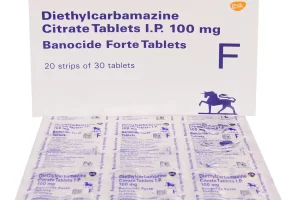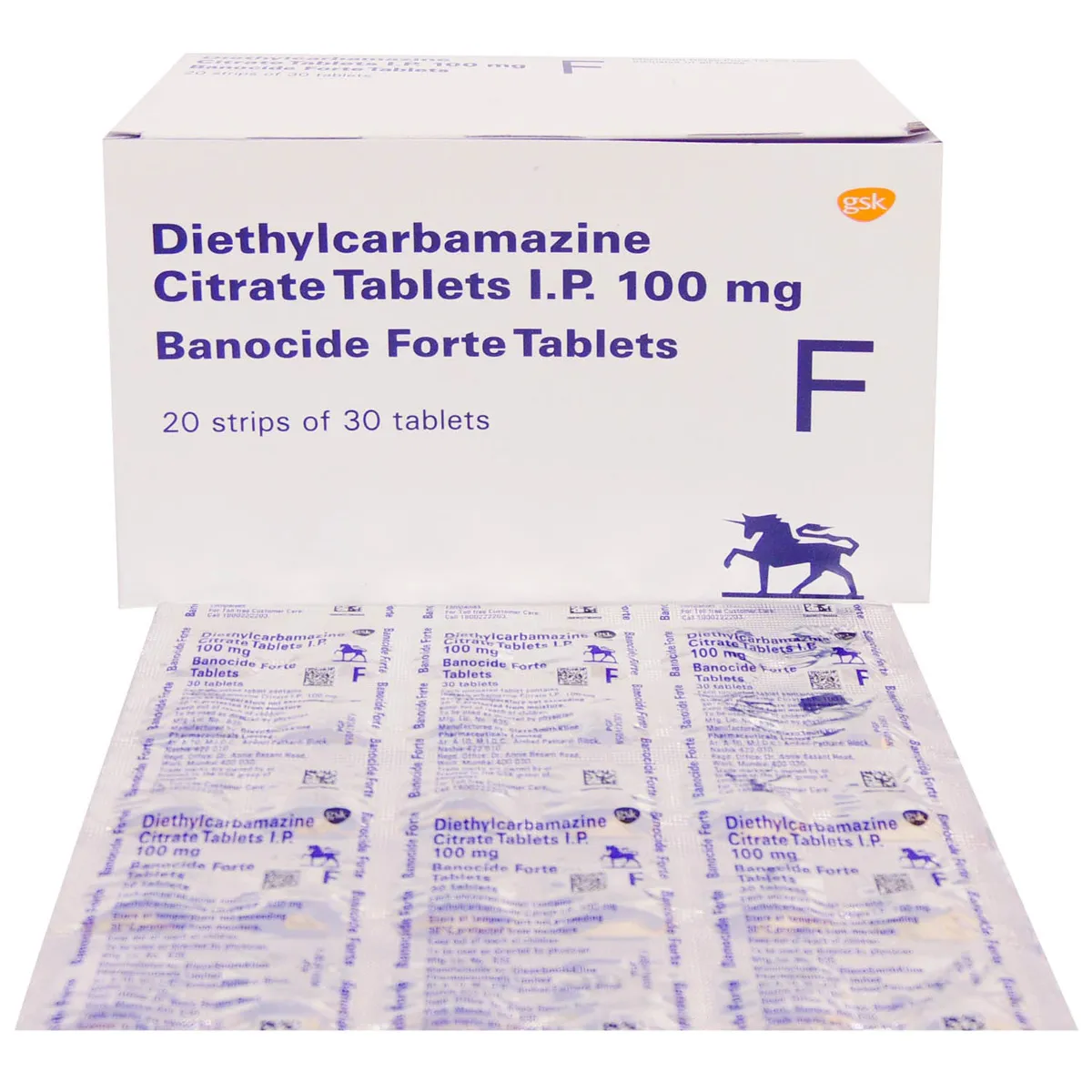Introduction
In the diverse landscape of Pakistan, the battle against addiction is both urgent and multifaceted. As the nation grapples with the challenges posed by substance abuse, the journey towards recovery is illuminated by the concerted efforts of addiction treatment programs across the country. This exploration delves into the state of addiction treatment in Pakistan, shedding light on the approaches, challenges, and triumphs in the face of this pervasive issue.
The Pervasive Issue of Addiction in Pakistan
Pakistan, like many countries, faces the pervasive issue of substance abuse that spans a spectrum of drugs, including opioids, alcohol, and other illicit substances. The impact of addiction reaches across diverse communities, affecting individuals from all walks of life. From bustling urban centers to remote rural areas, the prevalence of addiction underscores the need for comprehensive and accessible treatment options.
Approaches to Addiction Treatment
Addressing addiction in Pakistan involves a multi-pronged approach that encompasses medical, psychological, and social interventions. Recognizing addiction as a complex interplay of physical and mental health, effective treatment programs adopt holistic models that go beyond symptom management.
Medical Interventions
Medical interventions play a crucial role in addiction treatment, addressing the physical aspects of dependence and withdrawal. Rehabilitation centers and clinics in Pakistan provide medically supervised detoxification, helping individuals safely navigate the challenges of withdrawal from substances. Medication-assisted therapy may also be employed to manage cravings and support long-term recovery.
Psychological Support and Counseling
The psychological toll of addiction necessitates specialized support. Counseling, both individual and group sessions, forms a cornerstone of addiction treatment in Pakistan. Trained therapists work with individuals to explore the underlying causes of addiction, develop coping strategies, and foster resilience. The therapeutic process extends beyond the treatment facility, supporting individuals as they reintegrate into their communities.
Community Integration
Recognizing that recovery is a community effort, addiction treatment programs actively engage in community integration initiatives. These initiatives aim to reduce stigma, raise awareness, and create a supportive environment for individuals in recovery. Educational programs, vocational training, and support groups contribute to the overall well-being of individuals and their communities.
Family Involvement
Family support is considered integral to the recovery process. Addiction treatment programs in Pakistan encourage the active involvement of families in the rehabilitation journey. Through counseling and education, families learn to understand addiction as a medical condition, providing a crucial support system for their loved ones.
Challenges in Addiction Treatment
While strides have been made, addiction treatment in Pakistan faces several challenges that require ongoing attention and collaborative efforts.
Limited Resources
Many addiction treatment facilities in Pakistan operate with limited resources, hindering their ability to reach a broader population. Increased investment in infrastructure, training, and research is essential to enhance the accessibility and effectiveness of addiction treatment programs.
Societal Stigma
Despite progress, societal stigma surrounding addiction remains a significant barrier. Misconceptions and discrimination can deter individuals from seeking help. Addiction treatment programs actively work to challenge these stigmas through awareness campaigns, emphasizing that addiction is a treatable medical condition deserving empathy and support.
Accessibility
Geographical challenges and limited infrastructure can impede access to addiction treatment services, especially in remote areas. Efforts to improve accessibility involve collaborations with governmental and non-governmental organizations to expand the reach of treatment facilities and outreach programs.
Innovations and the Road Ahead
As Pakistan continues to address the complexities of addiction, there is a growing recognition of the role that innovation and technology can play in enhancing treatment outcomes.
Telemedicine for Remote Support
The vast geography of Pakistan poses challenges in providing accessible addiction treatment services to remote areas. Telemedicine initiatives bridge this gap by offering remote counseling and support. This ensures individuals in underserved regions can access confidential and convenient healthcare services, reducing barriers to seeking help.
Data-Driven Approaches
The integration of data analytics and artificial intelligence allows addiction treatment programs to tailor interventions to individual needs. By analyzing patterns and responses, these technologies contribute to more personalized and effective treatment plans. Data-driven approaches enhance the precision of addiction treatment and provide insights for ongoing improvements.
Conclusion
Addiction treatment in Pakistan is an evolving landscape marked by dedication, resilience, and a commitment to restoring lives. From medical interventions to psychological support and community engagement, the multifaceted approach recognizes addiction as a complex challenge that demands comprehensive solutions.
As Pakistan navigates the road ahead in its fight against addiction, continued collaboration, increased resources, and the integration of innovative approaches will be key. By breaking chains and fostering a supportive environment, addiction treatment programs in Pakistan contribute to a brighter future — one where individuals triumph over addiction and embark on a journey of renewed hope and well-being.









